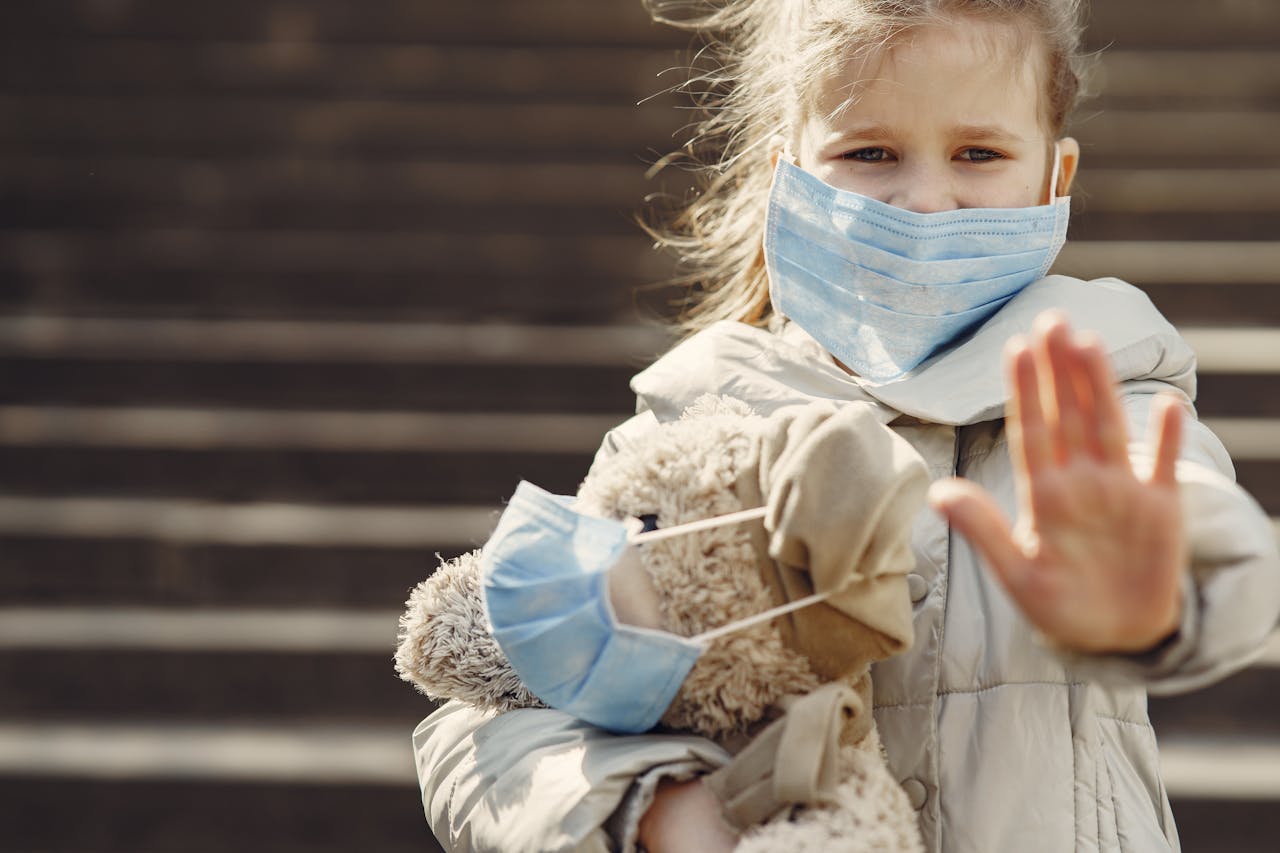A Global Crisis on the Rise
Health experts around the world are sounding alarms as childhood obesity continues to rise at a shocking pace. According to international reports, the number of obese children has tripled in the past 30 years — affecting millions of kids across Asia, Europe, the Middle East, and North America. The World Health Organization now classifies obesity as one of the most serious global health challenges of the 21st century.
Why It’s Happening
The main causes are clear: processed food, sugary drinks, and lack of physical activity. In many households, children spend hours in front of screens, consuming more calories than they burn. Fast food culture and easily available snacks high in sugar and fat have replaced traditional homemade meals. Busy parents often rely on convenient options without realizing their long-term effects.
But there’s more to it — children are also influenced by advertisements that glamorize unhealthy foods. Combined with less outdoor play and poor sleep schedules, these habits push kids toward early obesity and related illnesses.
The Health Consequences
Childhood obesity isn’t just about weight — it’s about overall health. Overweight children are at higher risk of developing type 2 diabetes, high blood pressure, sleep apnea, and liver diseases. Emotional consequences are equally serious. Many children face bullying, anxiety, and low self-esteem, which affect their academic performance and relationships. Doctors warn that obese children are more likely to become obese adults, leading to chronic illnesses that can shorten lifespan.
What Parents and Schools Can Do
Prevention begins at home and school. Parents should introduce balanced meals, limit sugary snacks, and encourage water over soft drinks. Family-based physical activities like evening walks, cycling, or sports can make a big difference. Schools should promote nutrition education, replace junk food in cafeterias, and increase time for physical education.
Governments also have a major role. Health experts urge stricter food labeling laws, limits on junk food advertising aimed at children, and awareness campaigns on healthy living. The global community must work together before this silent epidemic becomes unmanageable.
The Takeaway
This latest news serves as a warning that children’s lifestyles today will shape the health of future generations. Childhood obesity is preventable — but only if families, schools, and governments act decisively now. Healthy habits built in childhood are the most powerful defense against a lifetime of disease.






